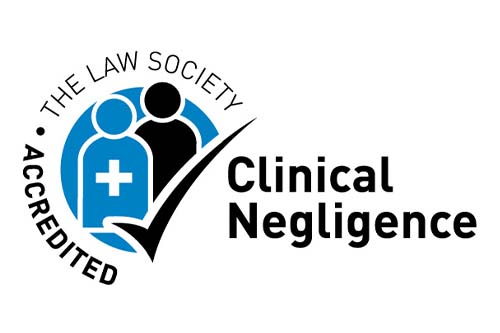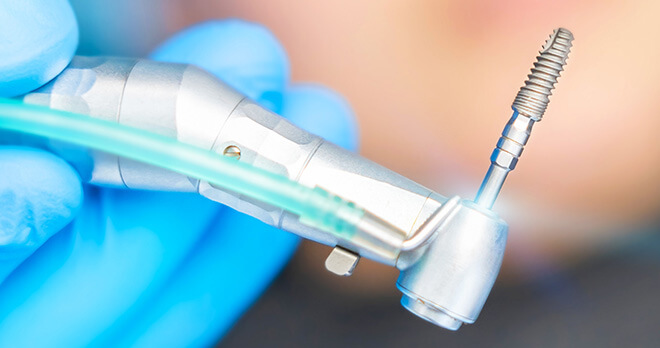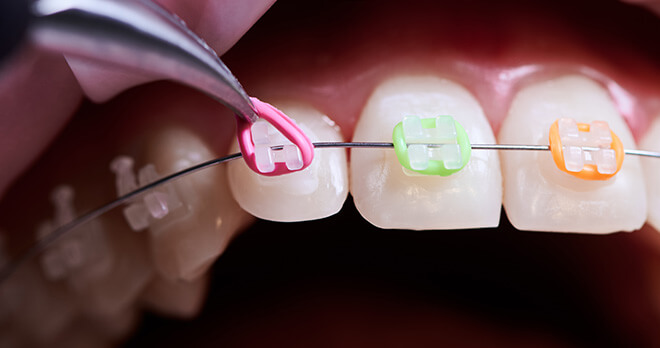Compensation for undiagnosed gum disease.
If you have experienced dental injury as a result of undiagnosed gum disease (also known as periodontal disease), our specialist dental negligence solicitors are here to help you.
Has your dentist failed to diagnose your gum disease?
Find out the truth of what happened and get your smile back through a claim for dental negligence compensation.
Periodontal compensation claims are the most common, and sometimes the most significant in terms of injury, that we work on and we have a great deal of experience helping individuals get the compensation they deserve.
You may have found your gum disease was only discovered when you visited a new dentist, perhaps as a result of your original dentist retiring, or that issues you raised were ignored. As a result, you may have experienced mobility in your teeth, you may have lost teeth, or you may have lost bone from your jaw.
Whatever happened to you, our team can help you to make a claim for dental negligence compensation that will help you to pay for whatever restorative treatment you may need.
- No-win no-fee legal funding.
- Compensation for pain and suffering.
- Payment for future treatment costs.
- SRA regulated & quality assured.




Speak to the team to understand more about you potential compensation claim for dental negligence. You can call us or simply drop us a message and we will get back to you.
Call the team

Success stories
Read about some of our biggest successful claims for dental negligence.
Dental negligence can have a long last effect on your health, confidence, and well-being. When we work for you we make sure you not only get the compensation you need to recover costs and pay for any future care, but also get the answers you deserve.
Read about about our different many success stories and see for yourself how we have helped many people just like you to get compensation for negligent dental care.
How much compensation might you receive? How is it calculated?
Any compensation you receive will vary depending on what injury you sustain. For example, if you require an extraction of one of your teeth resulting from substandard crown or bridgework, you will receive more compensation than if you suffer a period of pain as a result of negligence.
Compensation received following a successful claim for dental negligence will be comprised of:
-
an award for pain and suffering
this will compensate you for any pain you have endured, and also things like inconvenience, social effects (such as embarrassment) and any changes in your eating or sleeping habits.
-
an award for future treatment costs
for example, if you require an implant and an implant retained crown, or Cognitive Behavioural Therapy as a result of a psychiatric injury sustained due to negligence. We will also take into account the future maintenance costs for any treatment you may require, including future specialist appointments.
-
past loss
this may include past prescription costs, travel or dental treatment. For instance, if you had to repeatedly to travel to a specialist appointment as a result of dental negligence, the cost of this will likely be recoverable.
How long will it take to make a claim?
As a general rule, dental negligence cases would usually conclude between 18-24 months from the first time you contact us. However, each case is different, and this may vary depending on the complexity and specific facts. The important thing is that you speak to us as soon as possible so we can begin investigating your claim.
Can you sue a retired dentist?
You can sue a retired dentist, as long as your claim is not statute barred. By law, all dentists must be registered with the General Dental Council (GDC), and must have appropriate indemnity and insurance arrangements in place; this allows patients to seek any compensation they may be entitled to.
Therefore, even after a dentist retires they will still be responsible for the treatment which was carried out when they were practising as a dentist.
How long do you have to make a claim?
You have three years to bring a claim of dental negligence, from the date of negligence or knowledge of it, under the laws concerning ‘limitation’ in England and Wales. These laws state that a Claimant must issue court proceedings within this time period, or else their claim would be statute barred.
Generally, we would advise you to contact us at least 6 months before the limitation period in your case is due to end. However, this can be reviewed on a case by case basis; if you believe that your limitation period may expire soon, we encourage you to contact us as soon as possible.


Speak to the team to understand more about you potential compensation claim for dental negligence. You can call us or simply drop us a message and we will get back to you.
Call the team
You can call the team on 0800 923 2080 or message them to understand more about you potential compensation claim for dental negligence. We will get back to you at a time that is convenient to you.















